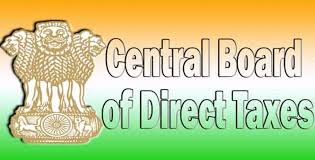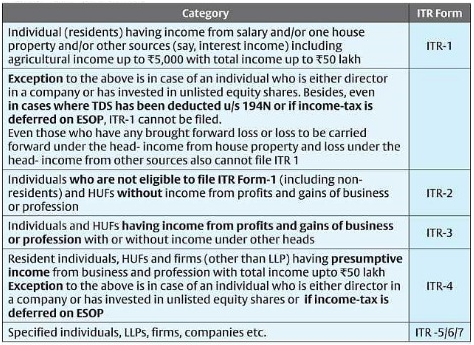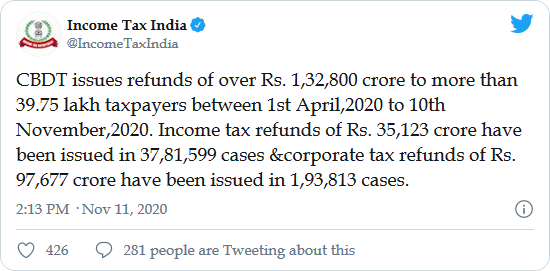
Till date, TDS was deducted only on the notified nature of payments. From 1st July,2021, businesses are required to deduct TDS on purchase of goods along with the current scope of TDS deduction applicable on notified nature of payment or expenditure. With the insertion of a new section ‘194Q’, the buyer is liable to deduct TDS on the goods purchases and remit it to the Government.
Here is the analysis of the new section ‘194Q’ with more details:
Section 194Q, applies to any buyer who is responsible for paying any sum to any resident seller for the purchase of any goods of the value or aggregate of value exceeding fifty lakh rupees in any previous year. The buyer, at the time of credit of such sum to the account of the seller or at the time of payment, whichever is earlier, is required to deduct an amount equal to 0.1% of such sum exceeding fifty lakh rupees as income tax.
Finance Act, 2021 has inserted two new sections 206AB and 206CCA which mandates tax deduction (206AB) or tax collection (206CCA) at *a higher rate in the case of specified persons with respect to tax deductions (other than under sections 192, 192A, 194B, 194BB, 194LBC, and 194N) and tax collections.
* The higher rate is twice the prescribed rate or five percent whichever is higher.
“For these sections, specified person means a person who has not filed the return of income for two years in which tax is required to be deducted, for which the time limit of filing return under section 139(1) has expired, and his/her aggregate of tax deducted at source is Rs 50,000 or more in each of these two previous years.”
In nutshell, TDS of Rs 50,000 or more has been made for the past two years but no return of income has been filed, the rate of TDS will be double the specified rate or five percent, whichever is higher.
However, this provision will not be applicable for the transactions where the full amount of tax is required to be deducted, e.g. salary income, payment to a non-resident, lottery, etc. Also, the specified persons will not include a non-resident who does not have a permanent establishment in India.
Additionally, the Finance Act has introduced Section 194Q, which mandates that any person, being a buyer responsible for paying any sum to any seller (being a resident) for purchase of any goods (including capital goods), where the value of such goods, exceeds Rs 50 lakh in any previous year, will be required to pay TDS at the rate of 0.1 percent. In case of non-furnishing of PAN/Aadhaar by deductee, TDS will be charged at the usual rate or five percent whichever is higher.
These new TDS rules will impact the cash flows of non-filers of the income tax return.
To check such non-filers, CBDT has introduced a new tool “Compliance Check for Section 206AB & 206CCA” to ease the compliance burden of the tax deductor.
Under this tool, the deductor can feed the PAN of the deductee on the reporting portal and verify whether any deductee is compliant as per section 206AB of the Act and also whether the individual deductee has linked his/her Aadhar with PAN or not.
The response will be visible on the screen for a PAN search, which can be downloaded in PDF format. For bulk search, the response would be in the form of a downloaded file which can be kept for record.
What will be the result of not deducting/depositing TDS: –
As per section 40(ia) of the Income Tax Laws an amount has been paid to a resident on which TDS is to be deducted but not deducted and if deducted and the same is not deposited before the expiry of the time provided for furnish of ITR under section 139(1) then the 30% of the amount on which TDS is to be deducted and deposited will be added to the income of that person.
This provision will also be applicable to TDS falling under section 194Q of TDS so wherever the provisions of TDS are applicable, TDS must be deposited as the amount of purchase of goods is always very high and 30% of that is added back to the income of the Assessee then the tax on such amount will be very high. So be careful and deduct and deposit the TDS keeping in mind the provision of addition of this 30% to the income.






